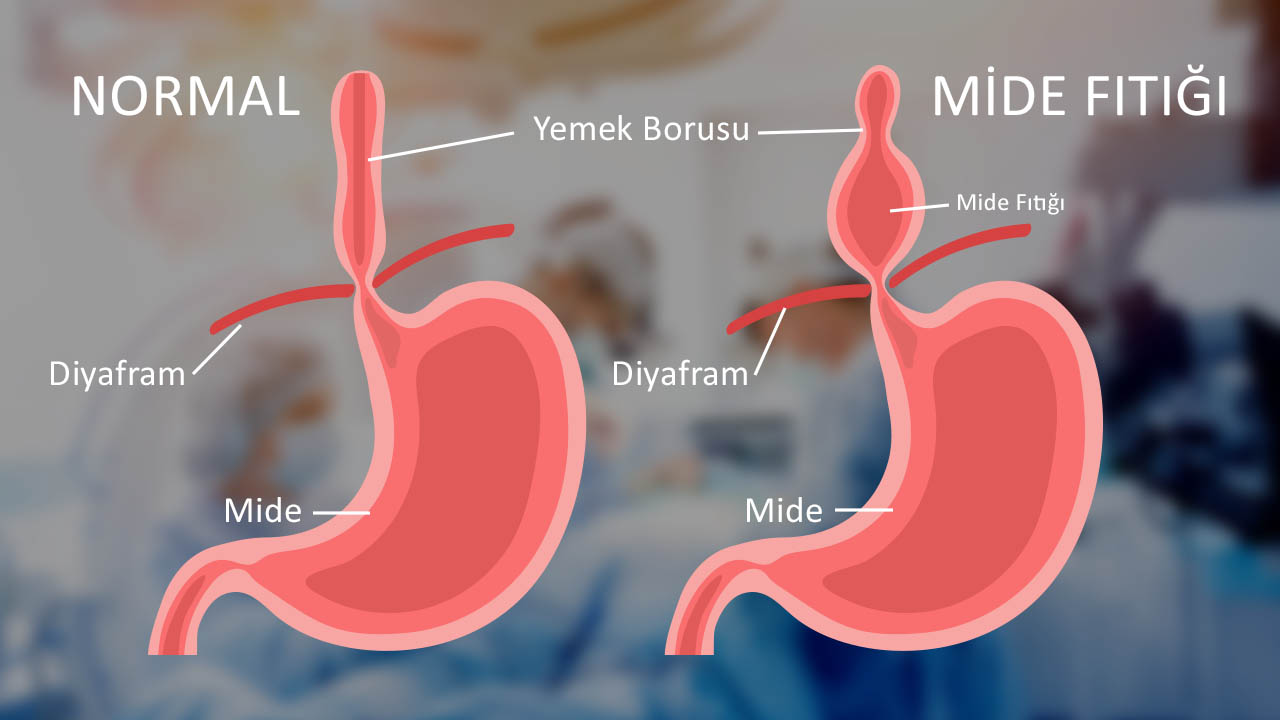
AZİZ BORA KARİP
Dıgestıve System Surgery
Dıgestıve System Surgery
Digestive System Surgery is the surgical treatment of diseases in the digestive parts of the body. This includes the esophagus, stomach, small intestine, large intestine, and rectum. It also includes the liver, gallbladder, and pancreas.
Surgery may be used to remove a damaged or cancerous or non-cancerous part of the digestive tract. These surgeries can be performed by opening the abdomen through large incisions or through tiny holes using closed methods called laparoscopic.
Digestive system diseases that can be treated with surgery are summarized below:
Appendicitis. When it becomes infected and inflamed, it can be removed (appendectomy).
Colon cancer and other gastrointestinal cancers. Surgery is performed to remove cancerous tumors in the digestive tract and cancerous parts of the digestive tract.
Diverticular disease. A diverticulum is a small sac or pocket in the colon (large intestine). Researchers aren’t sure why these develop. Sometimes they can become inflamed and cause pain (diverticulitis). This is usually managed without surgery. If someone has multiple diverticula that often become inflamed, a doctor may recommend bowel resection surgery to remove this part of the intestine.
Gallbladder disease. If there is a problem with the gallbladder (usually gallstones), the gallbladder may be removed. The surgery to remove the gallbladder is called cholecystectomy.
Gastroesophageal reflux disease (GERD) and Hiatal hernias. GERD, or acid reflux, is when acid from the stomach backs up into the esophagus and causes heartburn. Sometimes it happens due to stomach hernia. The surgeon may perform a surgery called fundoplication to correct this. The surgeon will correct the hernia, if any, and then wrap the upper part of the stomach around the lower part of the esophagus, strengthening the valve that prevents acid from escaping into the esophagus.
Hernia. A hernia is when a part of the body (such as the intestine) protrudes through a hole or weak spot in the muscle or connective tissue wall that is supposed to protect it (such as the abdomen). It does not pass through the skin, but a swelling that should not be present may be felt under the skin. It can also be painful. Surgeons can repair the hole or weak spot.
Inflammatory bowel disease (Crohn’s disease and ulcerative colitis). In inflammatory bowel disease, the immune system attacks the intestines, causing pain and inflammation. This can cause damage to the intestine. Sometimes damaged parts are removed and healthy parts are reconnected. This is called bowel resection.
Rectal prolapse. Surgery is used to treat rectal prolapse, a condition in which part of the intestine protrudes from the anus.
Bariatric Surgery. Different types of bariatric surgery (for example, sleeve gastrectomy) may be performed to treat obesity. This surgery is usually performed by a bariatric surgeon.
Gastroscopy-Colonoscopy. A procedure called endoscopy is used to screen and diagnose problems in the digestive system. The endoscopy performed on the stomach is called Gastroscopy, and the one performed on the large intestine is called Colonoscopy. With these procedures, not only diagnosis but also treatments are performed.
